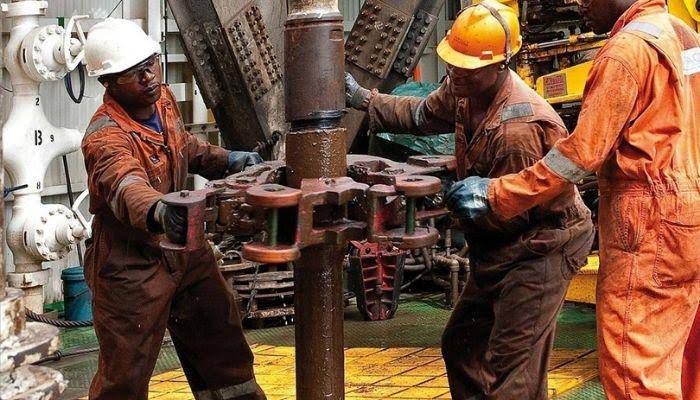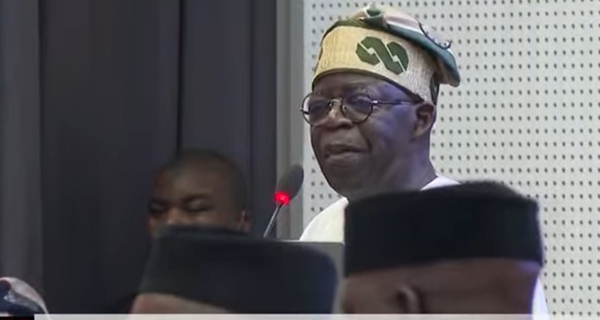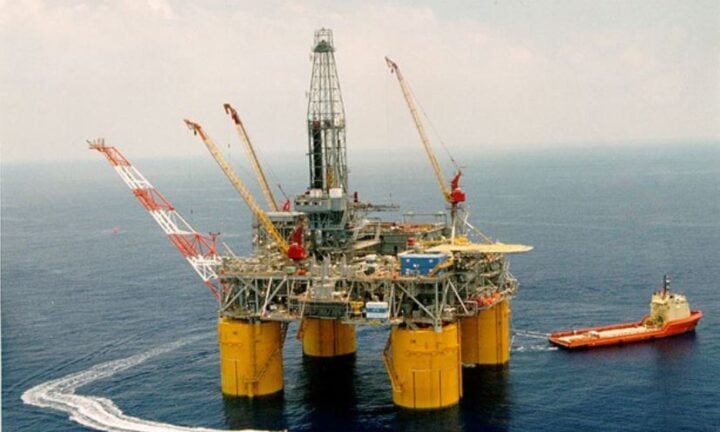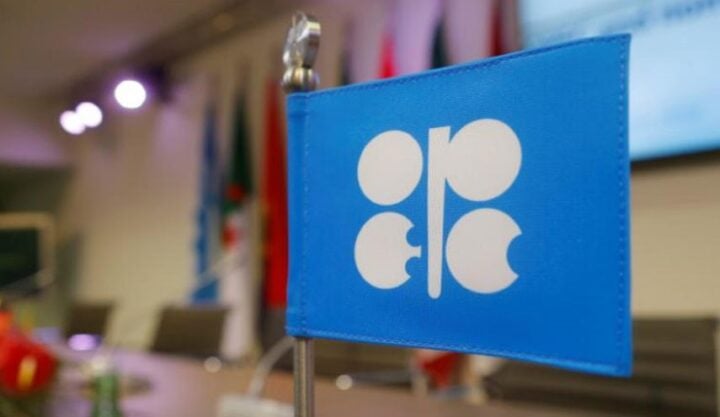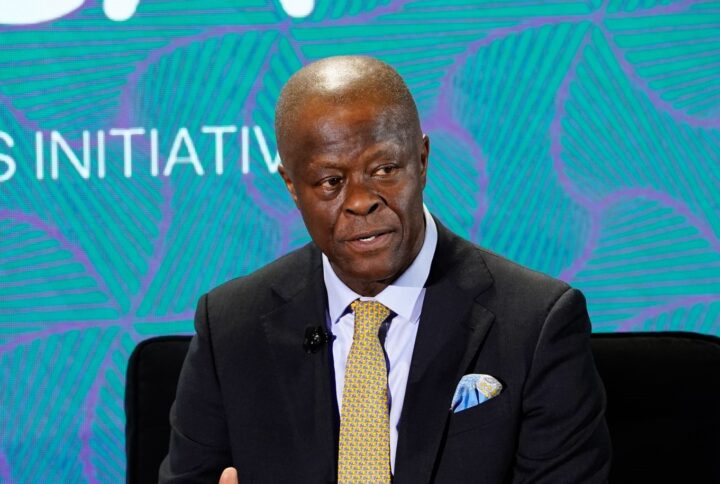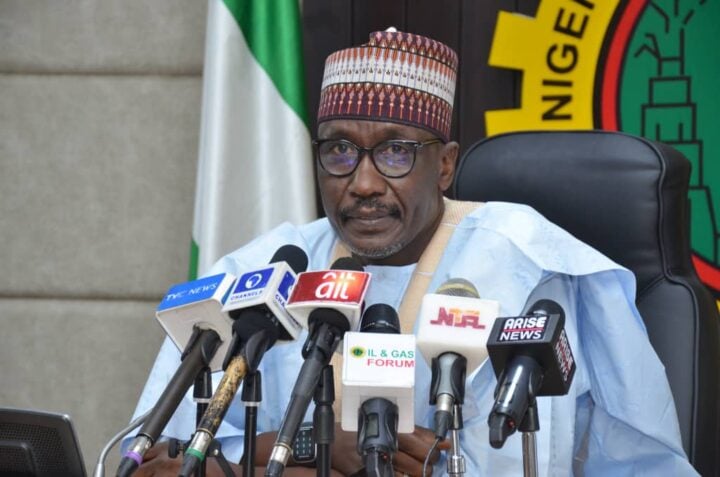Olu Verheijen, special adviser to President Bola Tinubu on energy, says her principal is working to make Nigeria the preferred destination for investors in the oil and gas sector.
Verheijen said this on Friday in Abuja during a ministerial press briefing series.
The presidential aide said Tinubu has directed regulators of the country’s petroleum sector to provide certainty and create a conducive business environment.
“His Excellency, President Bola Ahmed Tinubu is determined to reverse this trend and take decisive steps to ensure a conducive business climate and reposition Nigeria as a preferred investment destination for the oil and gas sector,” she said.
Advertisement
“To achieve these objectives, Mr. President has issued a presidential directive to streamline and clarify the scope of the two regulators in the petroleum sector to provide certainty and create a conducive business environment.
“Directed the NSA and Special Adviser on Energy to coordinate enhanced security measures in the Niger Delta. Owing to this Directive, the TNP pipeline which had been repeatedly vandalized is now enjoying improved uptime; availability has practically doubled since these directives were implemented.
“This has translated to increased liquids of over 200,000 barrels/day being transported over the last six months.
Advertisement
“It has increased the availability of NLNG Trains 1-6 from 57% in 2023 to 70% in Q1 2024.”
Verheijen said the president has introduced fiscal incentives to deepen the penetration of compressed natural gas (CNG) and liquefied petroleum gas (LPG).
She said this would ease the impact of the removal of petrol subsidy on transportation costs and contribute to stabilising the price of cooking gas in the country.
“Fiscal Incentives for Non-Associated Gas (NAG), Midstream and Deepwater Oil & Gas Developments: This Directive aims to facilitate the monetization of Nigeria’s extensive oil and gas resources,” she added.
Advertisement
“For gas, 76% of our gas reserves remain undeveloped.
“This explains why, despite possessing one of the largest gas reserves globally, we lack sufficient gas to meet our domestic needs for industry, for power and for cooking.”
Add a comment

